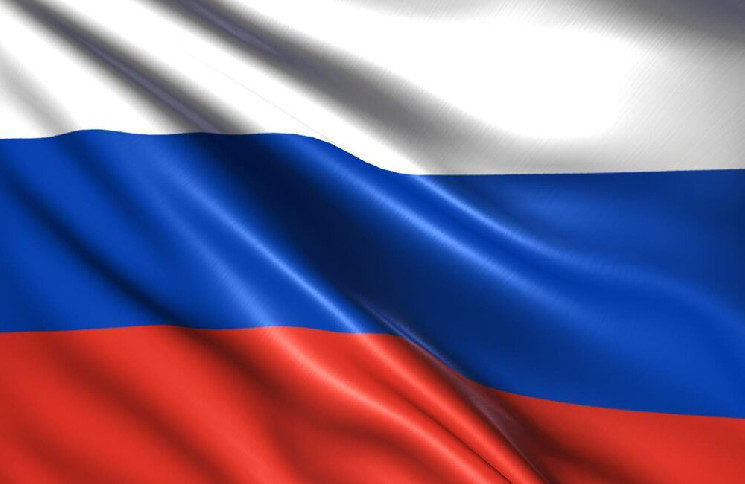The Russian Central Bank has recently published a financial stability report from the fourth quarter of Financial Year 2023 to the first quarter of FY2024.
The report highlighted a 16.4% rise in web traffic to major cryptocurrency platforms compared to the previous two quarters. Russians made 104.6 million visits to crypto exchanges and peer-to-peer (P2P) trading sites during this period.
Average monthly number of unique Russian IP addresses accessing these platforms also increased 15.1%.
This means that 7% of all the traffic on these major overseas crypto exchanges originates from Russia, the bank added.
Still, the traffic remains below the 9% peak observed in the first quarter of FY2023.
The report also indicates that Russians continue to favour high-cap cryptocurrencies like Bitcoin (BTC) and Ethereum (ETH), along with USD-pegged stablecoins such as $USDT and $USDC.
The total value of transactions potentially attributable to Russians exceeded $50.2 billion, encompassing crypto trades, P2P payments, remittances, and payments for goods and services.
The Central Bank’s report, however, does not specify the platforms monitored, though previous reports have included data from Binance, Bybit, MEXC, KuCoin, and others. Binance’s exit from the Russian market, where it had nearly half the market share, may partly explain the spike in transactions.
The bank cautioned Russian crypto users about the risks of holding crypto assets in the current geopolitical climate, particularly concerning potential sanctions from Western nations. The report warns that holders of stablecoins like $USDT and $USDC could lose access to their funds if blocked by issuers due to sanctions. It also notes increased scrutiny of stablecoin transactions in the US and UK, which could lead to tighter controls over user transactions on crypto exchanges.
In its recommendations for Russian financial organisations, the bank advised against offering financial instruments tied to crypto assets and discouraged advertising services related to cryptocurrency circulation. This hints at potential upcoming regulations in Russia aimed at mitigating the risks associated with cryptocurrency activities.
 coinculture.com
coinculture.com
